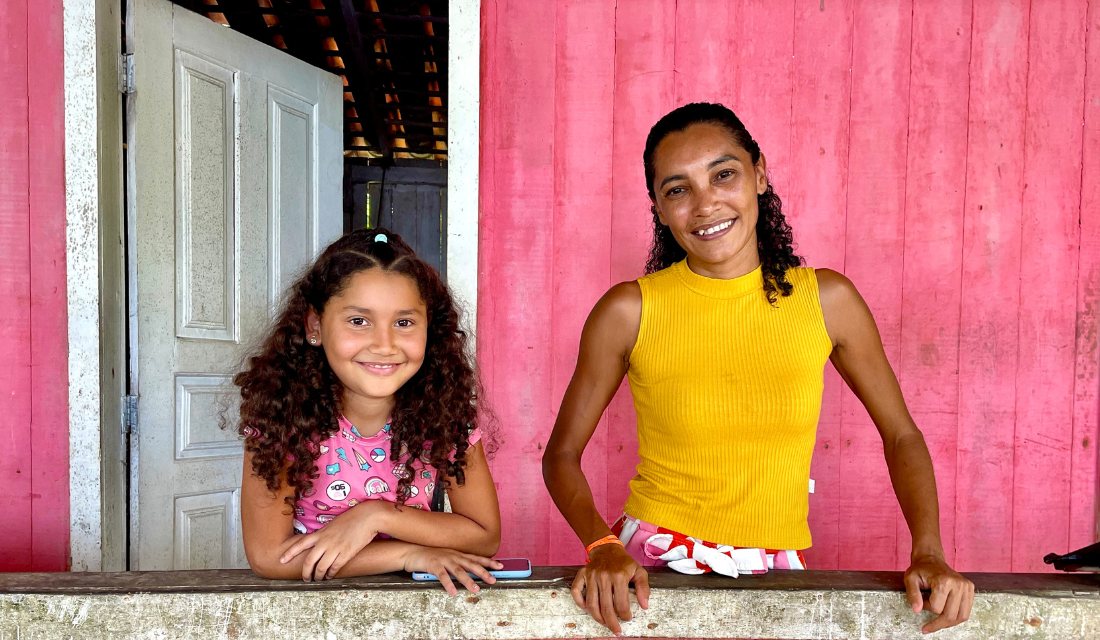In Conversation: Defining Women’s Equality

At Episcopal Relief & Development, the work we do to advance women’s equality and social inclusion is not confined to our Women and Girls priority area—in fact, it’s carried out across all four priority areas.
We asked program officers from Episcopal Relief & Development’s Women and Girls, Disaster Response, Climate Resilience and Early Childhood Development clusters to share their perspectives on what a women’s equitable approach looks like in practice.
Joy: The phrase “women’s equality’’ means everyone gets the same thing regardless of being a man or woman. However, a one-size-fits-all approach to advancing women’s equality is not effective because not all people start in the same place. The most accurate way to describe our approach to addressing the needs of women and girls around the world is ‘equitable.” It takes into consideration a person’s race, religion, marital status, education, and other factors that may be a barrier to equality.
Nagulan: Just add to what Joy said, an equitable approach means we take unique needs into consideration. In the context of our disaster work–women and girls in shelters may need special considerations like menstrual products or separate areas for breastfeeding. In the distribution of food, women who are lactating or women who are new mothers may need something different than the general population being served. Even though everyone has access to food and shelter, equity would mean that there’s additional attention given to people’s specific needs and vulnerabilities.
Vesta: To add in the perspective of our agricultural work in rural Africa. Equity looks like helping women farmers to be fairly compensated and to provide more opportunities for them to own their own land and grow viable businesses. We often see that men own much of the land, but women are often the ones they hire. The skillsets are there, but women don’t often have the finances to buy land or invest in tools to cultivate the land. We are fighting for equal opportunity, but also putting an emphasis on women’s involvement because they have been left out for a long time in this regard.
Priscilla: An example of equity from our Early Childhood Development (ECD) cluster comes from when we examine the households children grow up in. As we teach parents and caregivers about the health and wellbeing of their child, we also ask them to look at their relationship dynamics. We often find that the male partners contribute financially, but have not considered their responsibilities in nurturing their children. Equity in this case means examining the circumstance and bringing all parties involved along in practicing healthier behavior.
Explore the 16 Days of Activism toolkit to learn ways you can promote awareness about violence against women and girls and work towards improving women’s equity in your sphere of influence. Download the toolkit.






